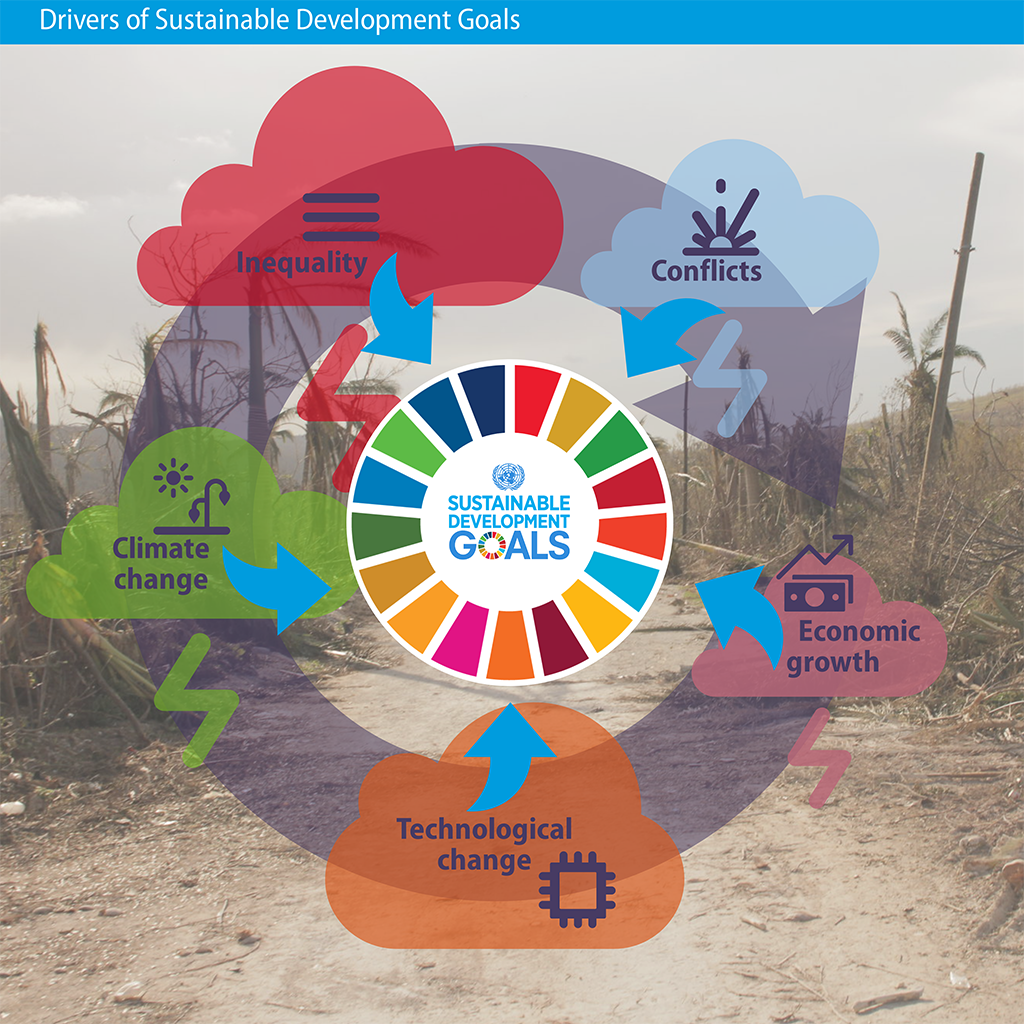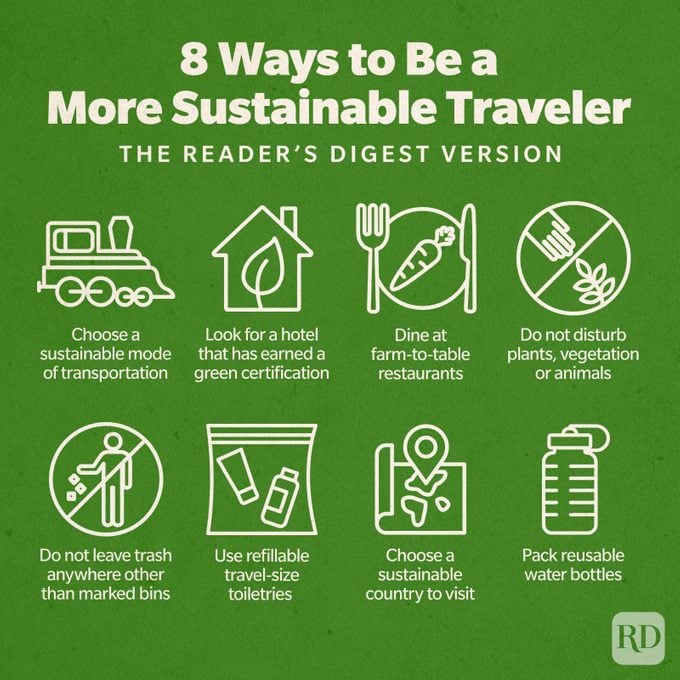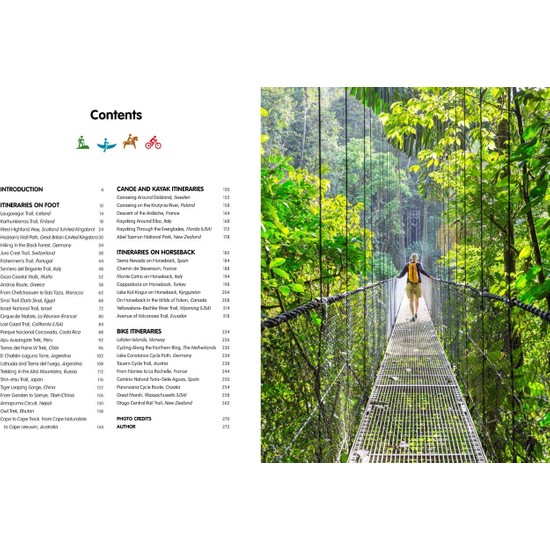Sustainable Development: A Clear Path to a Better Future

In an era where environmental concerns and social inequalities are increasingly critical, sustainable development has become a focal point of global discourse. This concept, which strives for a harmonious balance between economic growth, environmental health, and social equity, presents a roadmap towards a more sustainable and equitable world. This article delves into what sustainable development entails, why it matters, and how it can be implemented effectively in various facets of our lives.
What is Sustainable Development?
Sustainable development is about meeting the needs of the present without compromising the ability of future generations to meet their own needs. Here’s a breakdown of its key components:
- Economic Development: Ensuring economic growth that supports an increase in living standards while being mindful of resource depletion.
- Environmental Sustainability: Protecting the planet by reducing our ecological footprint, conserving biodiversity, and managing natural resources sustainably.
- Social Inclusion: Promoting equity, fairness, and justice, ensuring that development benefits all segments of society, particularly the most vulnerable and marginalized.

The Importance of Sustainable Development
The significance of sustainable development cannot be overstated:
- Economic Stability: By fostering economic development that does not degrade our resources, we prevent future economic downturns due to environmental crises.
- Environmental Preservation: Sustainable practices help combat climate change, reduce pollution, and conserve habitats, ensuring a healthier planet for all species.
- Social Equity: Ensuring that development benefits everyone promotes peace, stability, and reduces poverty and inequality.
Implementing Sustainable Development
Here are some practical steps towards sustainable development:
Renewable Energy Adoption
The shift from fossil fuels to renewable energy sources like solar, wind, and hydropower is crucial. This transition reduces greenhouse gas emissions, enhances energy security, and promotes job creation in the green energy sector.

<li><h3>Improving Resource Efficiency</h3>
<p>Efficiency in using resources means using less to produce more. This involves:</p>
<ul>
<li>Reducing Waste: Encouraging practices like recycling, composting, and upcycling.</li>
<li>Optimizing Manufacturing: Implementing lean manufacturing techniques to minimize waste in production processes.</li>
</ul></li>
<li><h3>Enhancing Education and Awareness</h3>
<p>Education plays a pivotal role in sustainable development:</p>
<ul>
<li>Promoting environmental literacy from a young age.</li>
<li>Incorporating sustainability into curriculums at all levels of education.</li>
<li>Raising public awareness through campaigns and media.</li>
</ul>
<p class="pro-note">🌱 Note: Educating communities is not just about information dissemination but also about fostering a mindset change towards sustainable living.</p>
</li>
<li><h3>Promoting Sustainable Agriculture</h3>
<p>To feed a growing global population sustainably, we need:</p>
<ul>
<li>Organic Farming: Reducing chemical inputs and promoting natural pest control methods.</li>
<li>Regenerative Agriculture: Practices that restore degraded soil, improve biodiversity, and sequester carbon.</li>
<li>Agroecology: Integrating ecological principles into farming systems to enhance productivity and resilience.</li>
</ul></li>
<li><h3>Policy and Governance</h3>
<p>Governments can drive sustainable development through:</p>
<ul>
<li>Legislation: Enacting laws that promote sustainable practices, like carbon taxes or emissions trading schemes.</li>
<li>Incentives: Providing tax benefits or subsidies for sustainable activities.</li>
<li>Partnerships: Collaborating with businesses and NGOs to implement sustainable initiatives.</li>
</ul></li>
By taking these steps, we not only move towards environmental sustainability but also foster economic opportunities and social inclusiveness. As we navigate the complexities of modern life, sustainable development offers a framework that ensures our progress does not come at the expense of our planet or its future inhabitants.
Challenges in Sustainable Development
While the path to sustainable development is clear, several hurdles exist:
- Resistance to Change: Both individuals and organizations often resist altering established practices due to perceived costs or disruptions.
- Economic Considerations: The immediate financial costs of implementing sustainable practices can deter businesses, especially when competing with less sustainable but cheaper alternatives.
- Global Disparities: Developing countries might prioritize short-term economic gains over long-term sustainability due to immediate needs and lack of resources.
In sum, while the challenges are significant, the path towards sustainable development is not only necessary but possible. By integrating economic, environmental, and social considerations into all levels of planning and action, we pave the way for a future where progress and preservation coexist harmoniously.
Why is renewable energy important for sustainable development?
+Renewable energy sources reduce reliance on finite fossil fuels, decrease greenhouse gas emissions, and help combat climate change, which is crucial for sustainable living on our planet.
Can sustainable development really benefit the economy?
+Yes, sustainable development can drive economic growth through the creation of new markets, jobs, and by fostering innovation in green technologies, ultimately leading to economic diversification and resilience.
How does sustainable agriculture contribute to development?
+Sustainable agriculture preserves soil health, reduces the environmental impact of farming, enhances food security, and supports rural communities by providing sustainable livelihoods.



